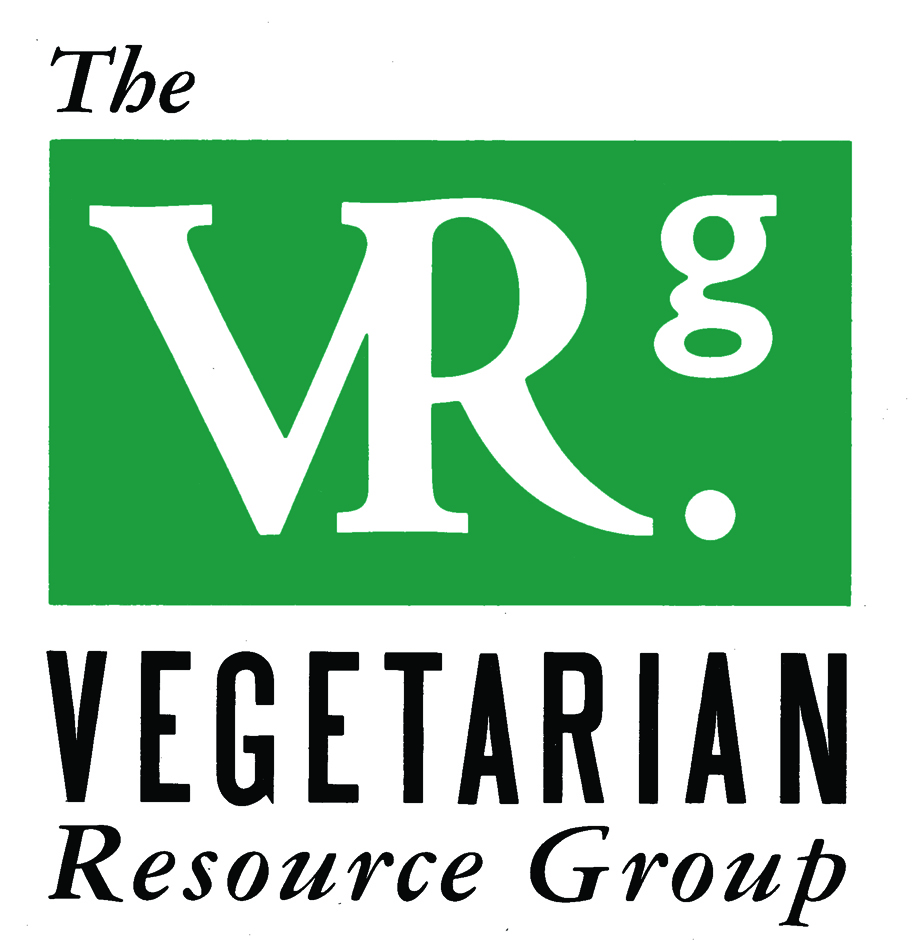By Christiana Rutkowski
The book Vegetarian Sports Nutrition by D. Enette Larson-Meyer is a comprehensive, well-explained, easy to follow book about eating a vegetarian or entirely vegandiet while participating in athletics, ranging from an elite athlete to a recreational jogger.
This book, 230 pages in length, breaks down common misconceptions and misunderstandings about not consuming meat, dairy, eggs, and other products made from or coming from animals. The book includes many concrete scientific facts, evidence, and easy to understand knowledge to explain to readers just how easy it is to thrive and compete while eating a diet free from many or all animal products.
The best part about this book for me was its inclusion of many different ways to calculate an individual’s caloric needs as well as each individual macronutrient amount appropriate for their own lifestyle. I think something that often happens with athletes is that they underestimate how many calories they need, which can result in issues like low iron, other vitamin deficiencies, inadequate energy, and overall performing or training less than their best.
Not only does this book give basic concepts for consuming a diet rich in plant-based foods, but it also breaks down each contributing factor, providing many pages for each macronutrient (fat, protein, and carbohydrates), bone health, individual vitamins and minerals, physical ailments like muscle cramps and inflammation (and how to combat both), supplements (and whether one should or should not take them), and how to come up with and customize a meal plan based on unique one’s own unique lifestyle and physical activity.
Another difficult area for many that decide to embark on a more plant-based or entirely vegan diet is figuring out what to eat (and how much). Larson-Meyer provides the reader with an endless amount of dietary choices that give a wide variety of foods to make it possible to consume plenty of each macro and micronutrient, while keeping the choices exciting, tasty, and also very easy to attain and/or prepare.
Lastly, what makes this book very interesting is its appeal to not just individuals looking to eat plant-based, but its specific focus for athletes looking to train and compete while refraining from eating animal products. Personally, I feel one of the most important things about transitioning to a more (or completely) vegan diet is educating oneself on the knowledge and science behind it. Especially as an athlete, it is critical to get enough calories coming from a variety of plant-based sources, and this book provides a ton of information and useful knowledge to the reader.
To order Vegetarian Sports Nutrition, go to:
http://www.vrg.org/bookstore/index.php?main_page=product_info&cPath=1&products_id=79
